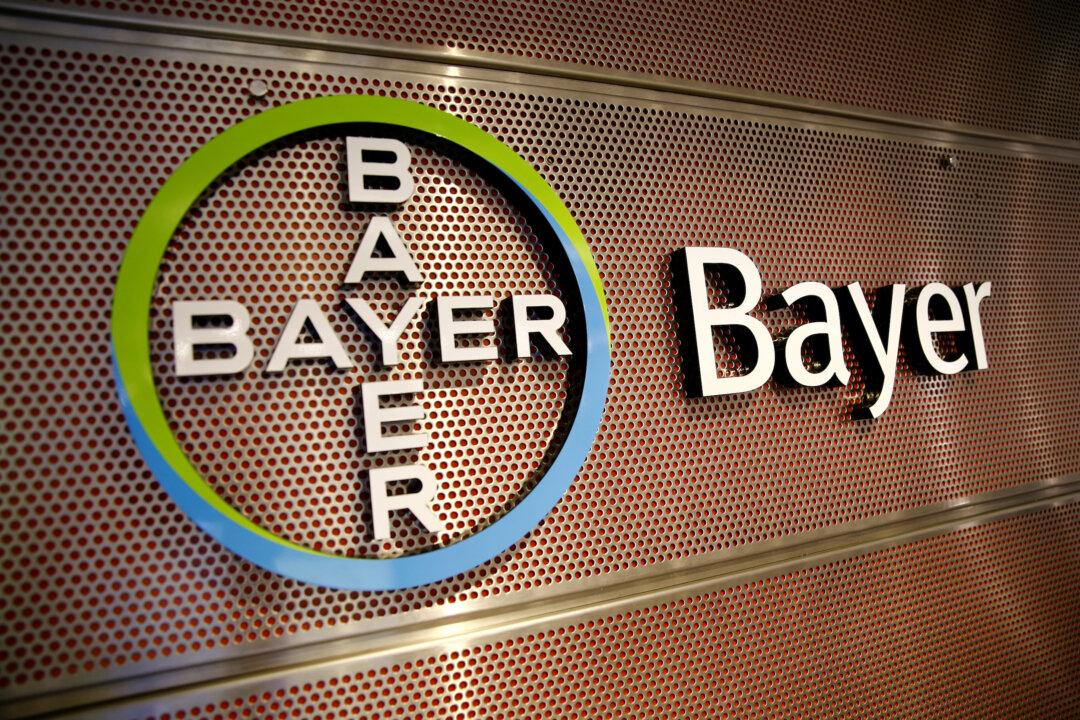Frankfurt—Bayer shares fell by as much as 5 percent on May 14 after a California couple were awarded more than $2 billion in the largest U.S. jury penalty over allegations its Roundup weed killer causes cancer.
The stock closed at its lowest level in almost seven years, even though the punitive damages award is likely to be reduced due to U.S. Supreme Court rulings that limit the ratio of punitive to compensatory damages to 9:1.





